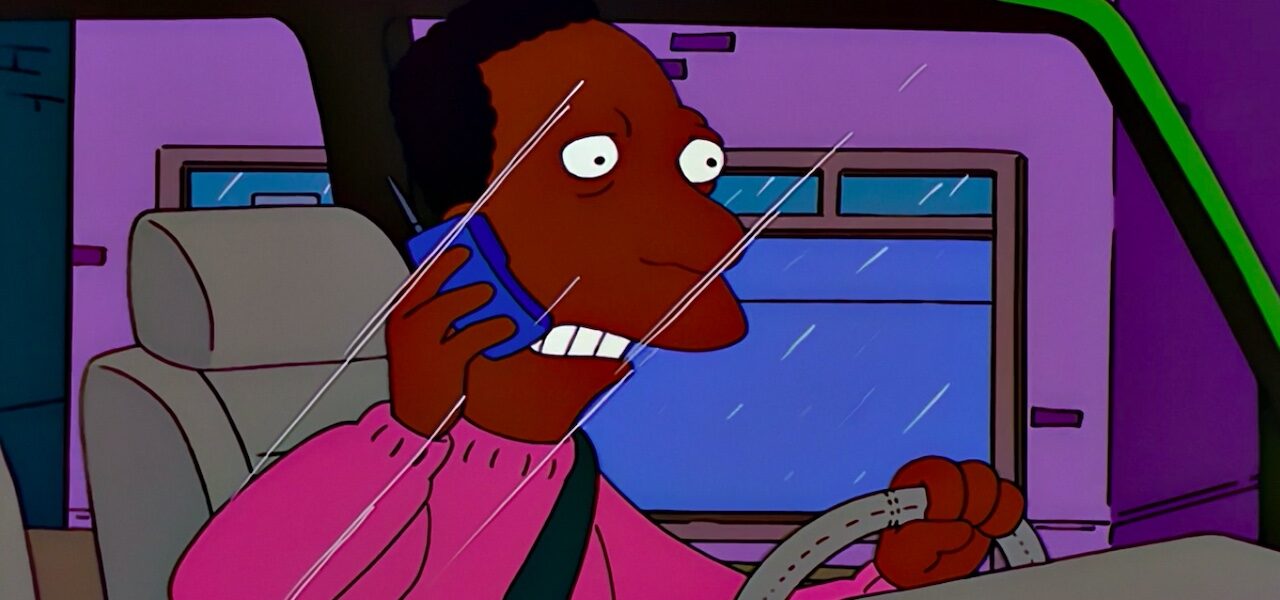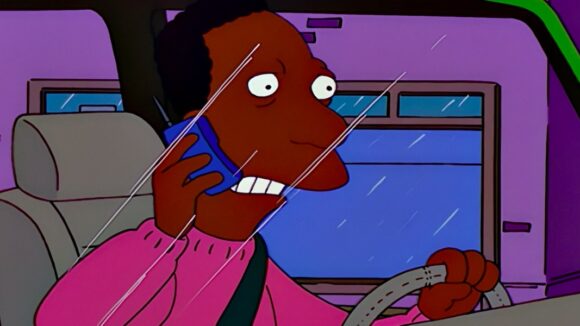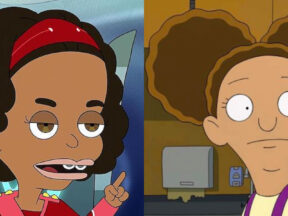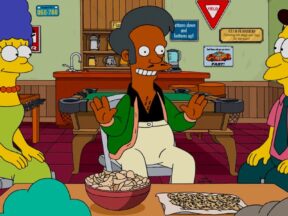

Critic Lauren Michele Jackson: Black Actors Voicing Black Characters Doesn’t Solve The Problem
Across animation, white actors are stepping away from nonwhite characters. The last week has seen apologies and/or resignations from the cast and creators of Big Mouth, Central Park, The Simpsons, Family Guy, and Bojack Horseman. The argument is that, by voicing these characters, the actors were denying actors of color a job and misrepresenting the experiences of nonwhite people in America.
In a New Yorker essay titled “The Messy Politics of Black Voices — and ‘Black Voice’ — in American Animation,” culture critic Lauren Michele Jackson cautions against this movement, suggesting that it’s an empty gesture. Jackson, who has written extensively on race and cultural appropriation, agrees that black people should be given more work in the industry, but disagrees that a character’s race must always match its actor’s.
Her nuanced article makes several key points about the medium. She notes that much American animation is inherently racist, drawing as it does on the iconography and characterization of minstrel shows. She also claims — correctly — that the debate about racial representation in animation has long focused on characters, rather than the actual talent in the industry.
Turning to the current casting debate, Jackson writes that a strength of animation is its capacity to liberate the actor, to some extent, from their identity. She mentions black actors who have voiced characters that aren’t black:
It would be folly, though, to ask that the categories of creator and creation — cartoonists and actors, writers and characters — align neatly. Cree Summer, a black voice actor whose dominance in the field rivals that of Mel Blanc, has delighted as a mercurial lavender poodle and a tiny-toons tot, a ponytailed teen bully and an Atlantean princess, plus at least a hundred more characters, some black and some not. Such is the power of a voice that seems to come from nowhere — it can become anything.
Jackson also questions what authentic representation means in this context, arguing that the notion of an unvarying “black voice” is problematic. This voice, such as it exists, has been partly shaped by white assumptions and stereotypes: “…there is something recognizable about the voices we call black, particularly when the people using them are not black themselves.”
To underline this, Jackson quotes the voice actor Dave Fennoy: “Early in my career, white directors would ask me to make a read ‘blacker,’ to which I would reply, ‘Would you ever ask a white actor to make it ‘whiter’?” (We’re reminded of Gabriel Iglesias’s skit about a Nickelodeon producer asking him, in coded ways, to read “more Mexican.”)
“Studios should contract more black people — or rather, endow more black talent,” Jackson concludes. “This is what’s meant when people call, in animation and elsewhere, for more black voices.” While she believes that the recent actions of voice actors are well-meaning, she doesn’t believe that “blacken[ing] up bourgeois workplaces” ultimately answers the call for justice. Her essay is a thoughtful intervention into an emotive debate. To read more from her, check out her debut book White Negroes.

.png)


